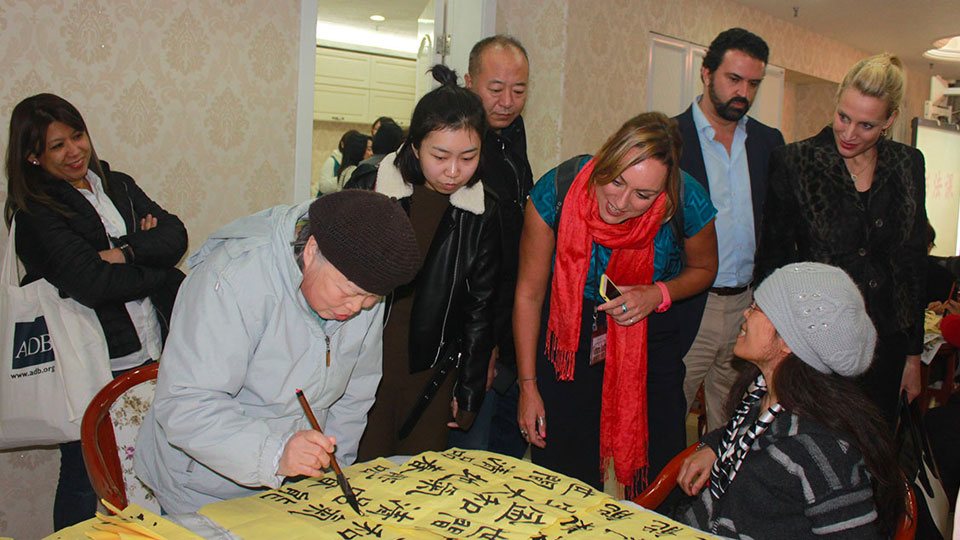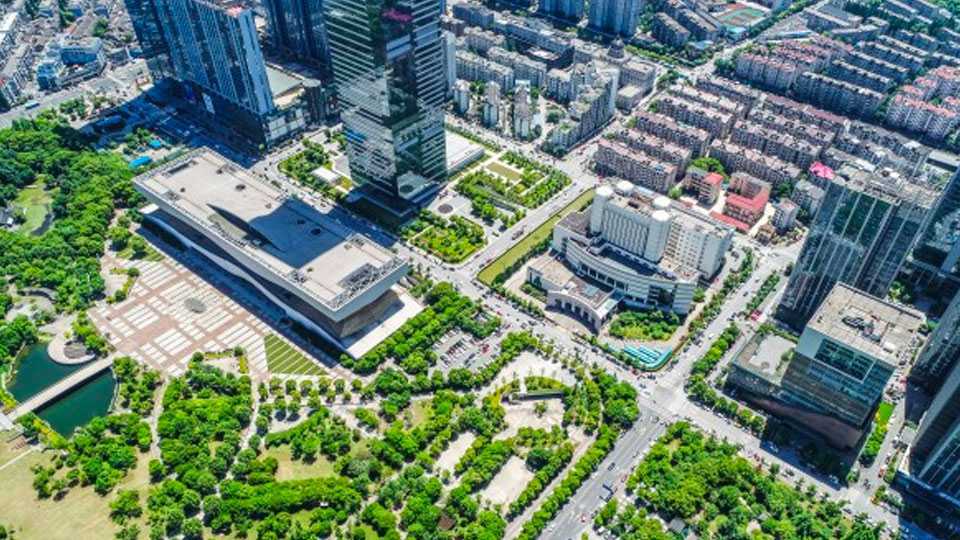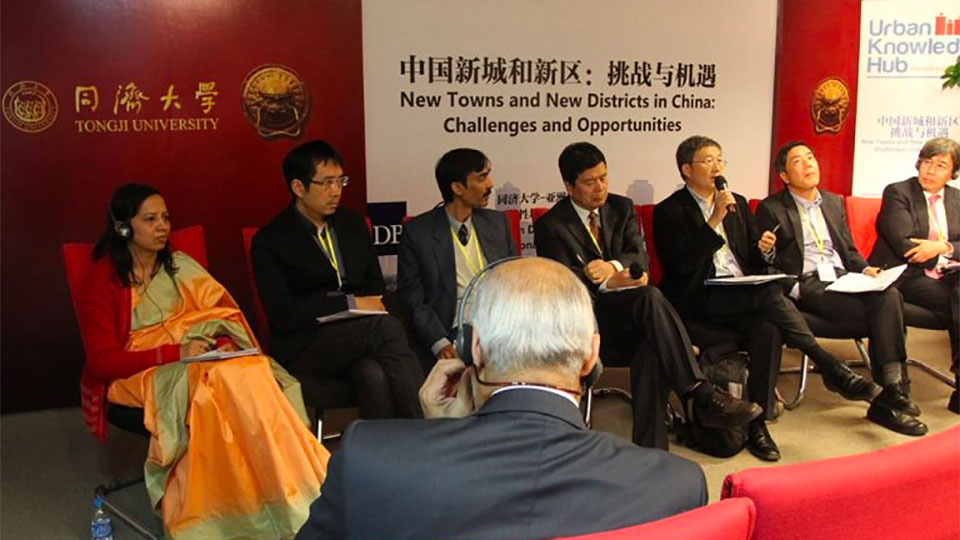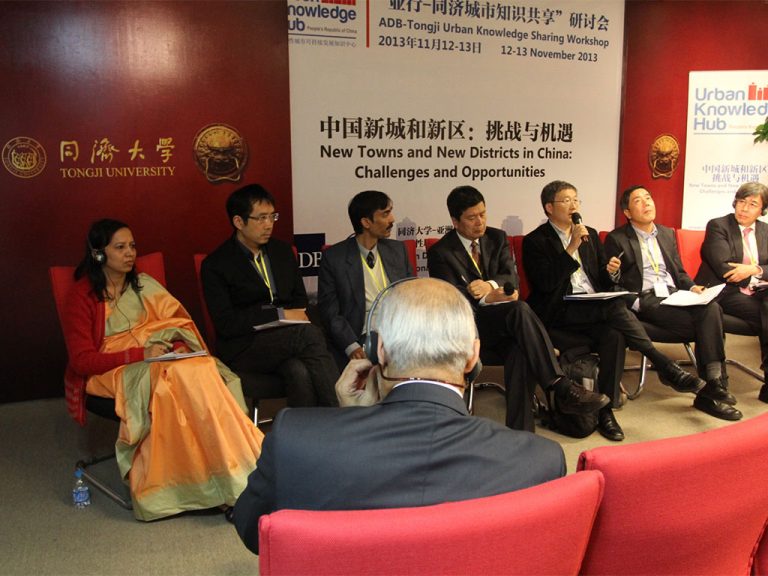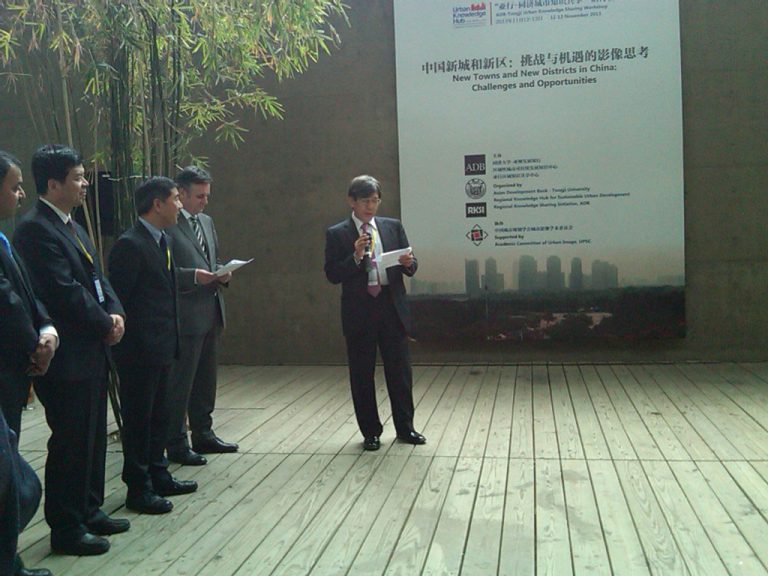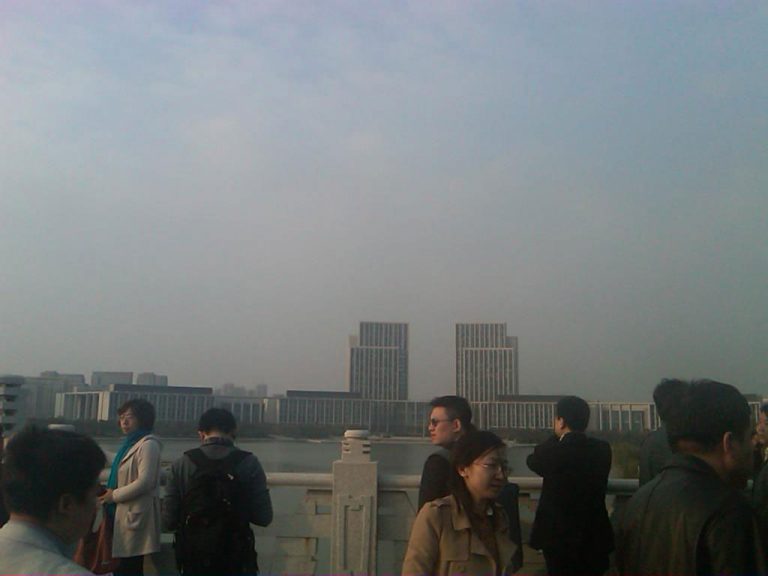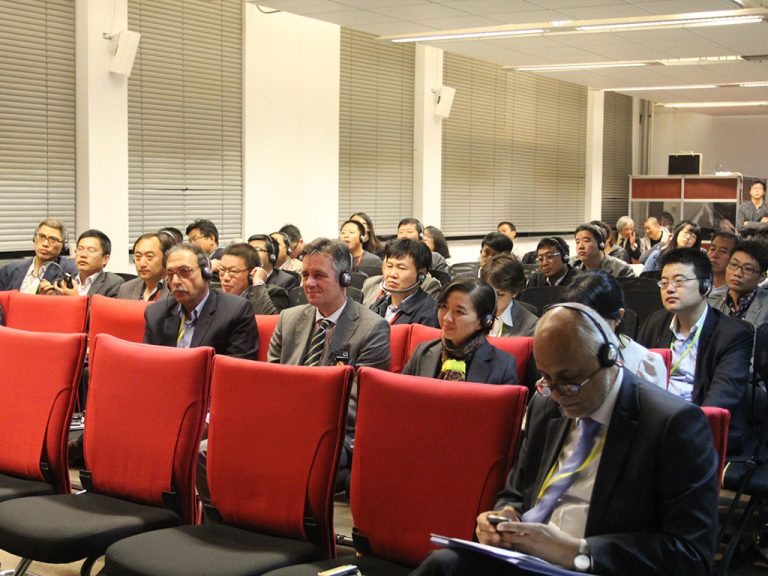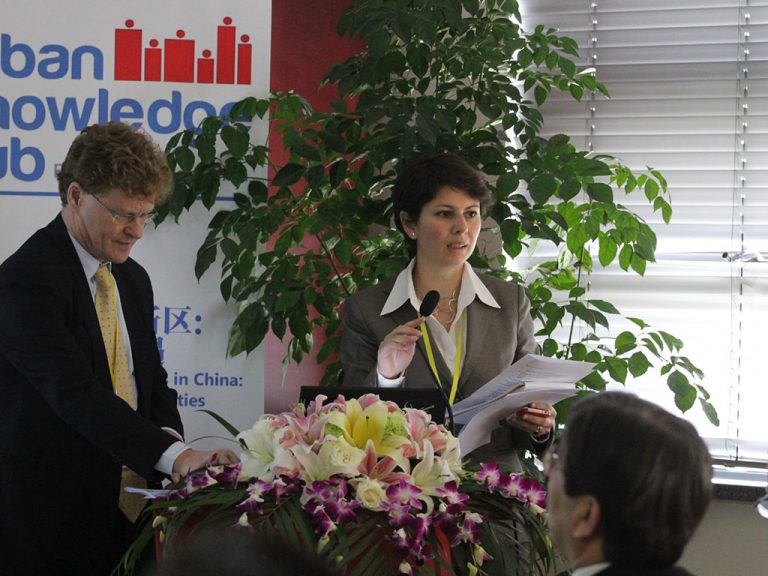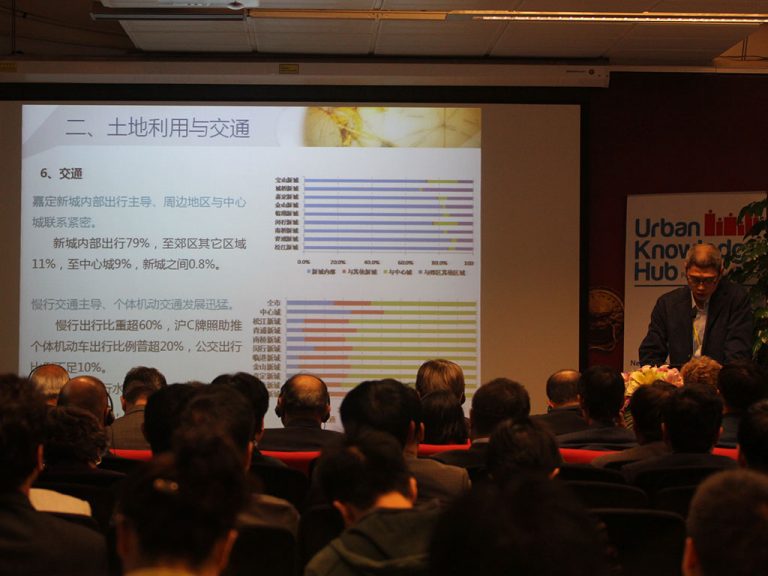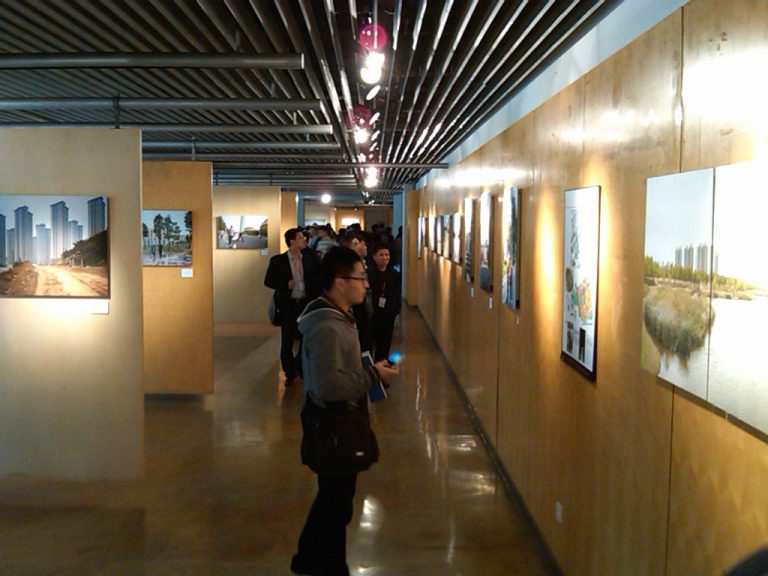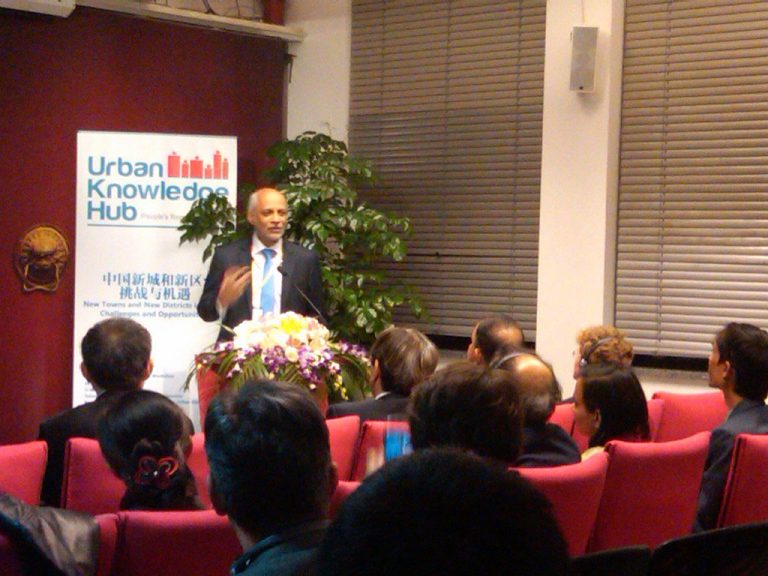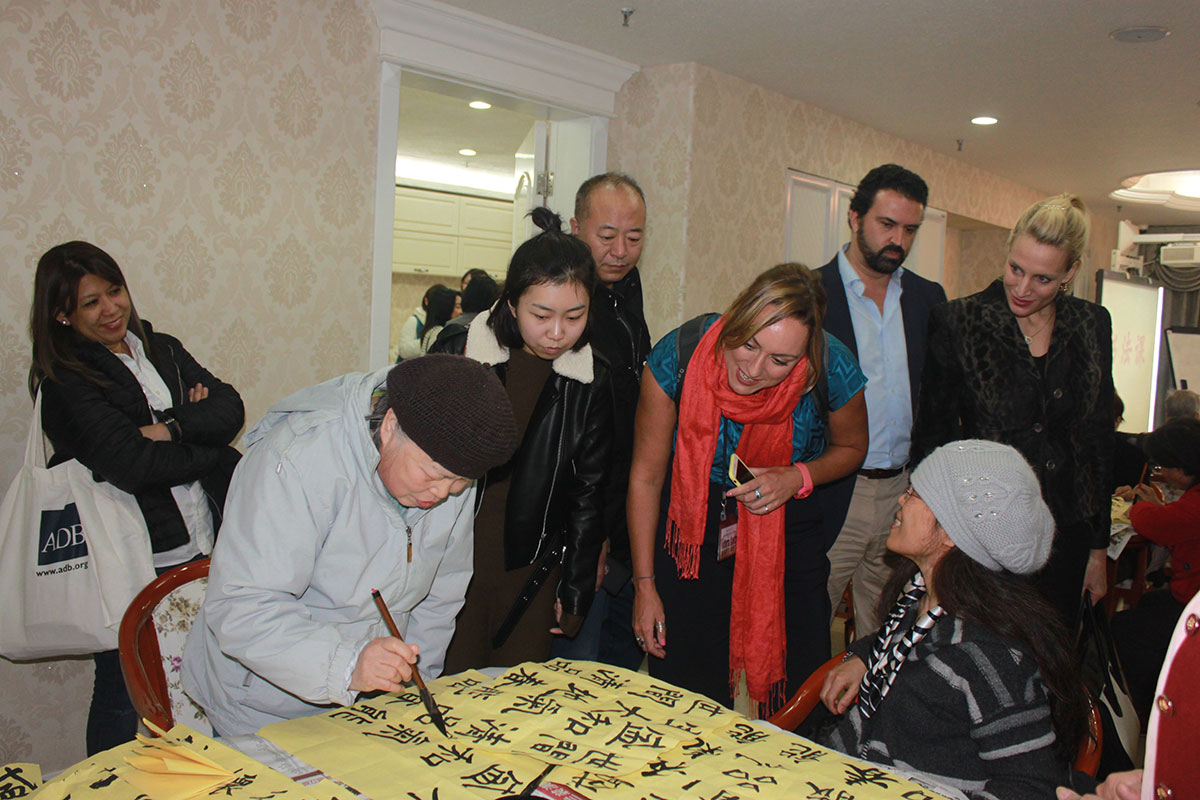
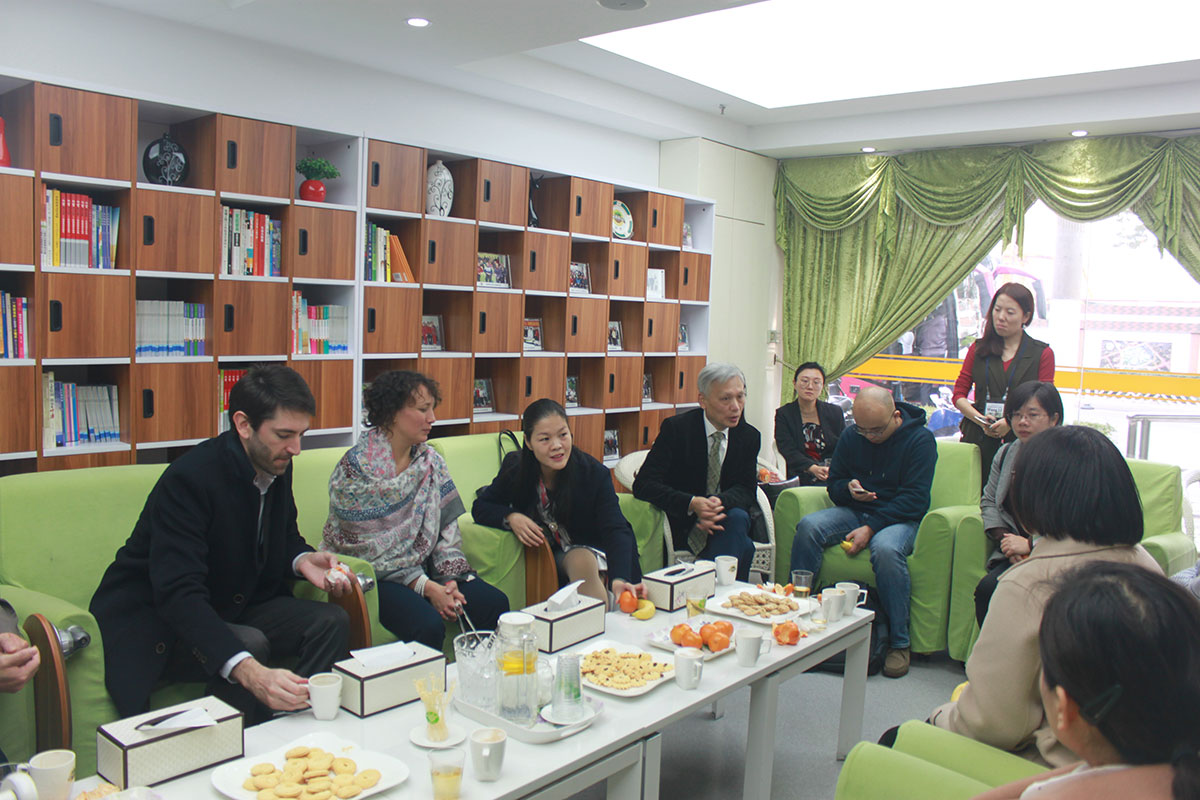
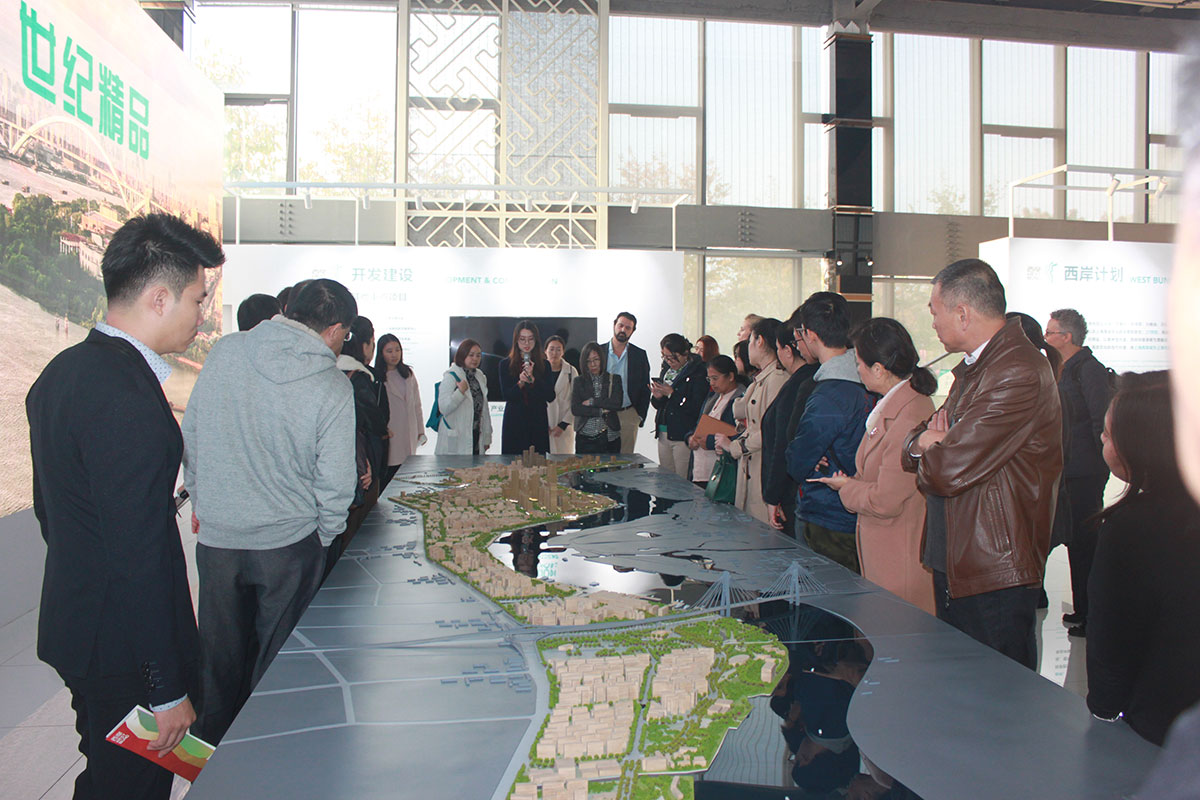
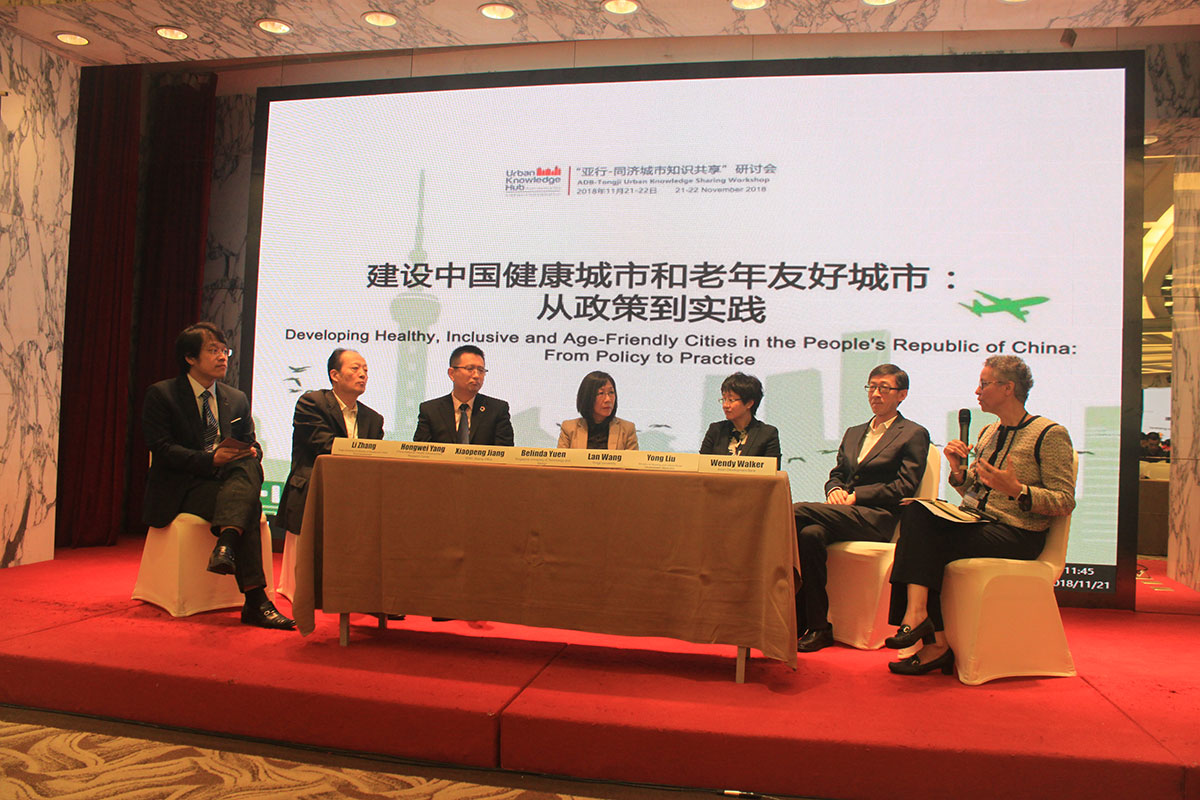
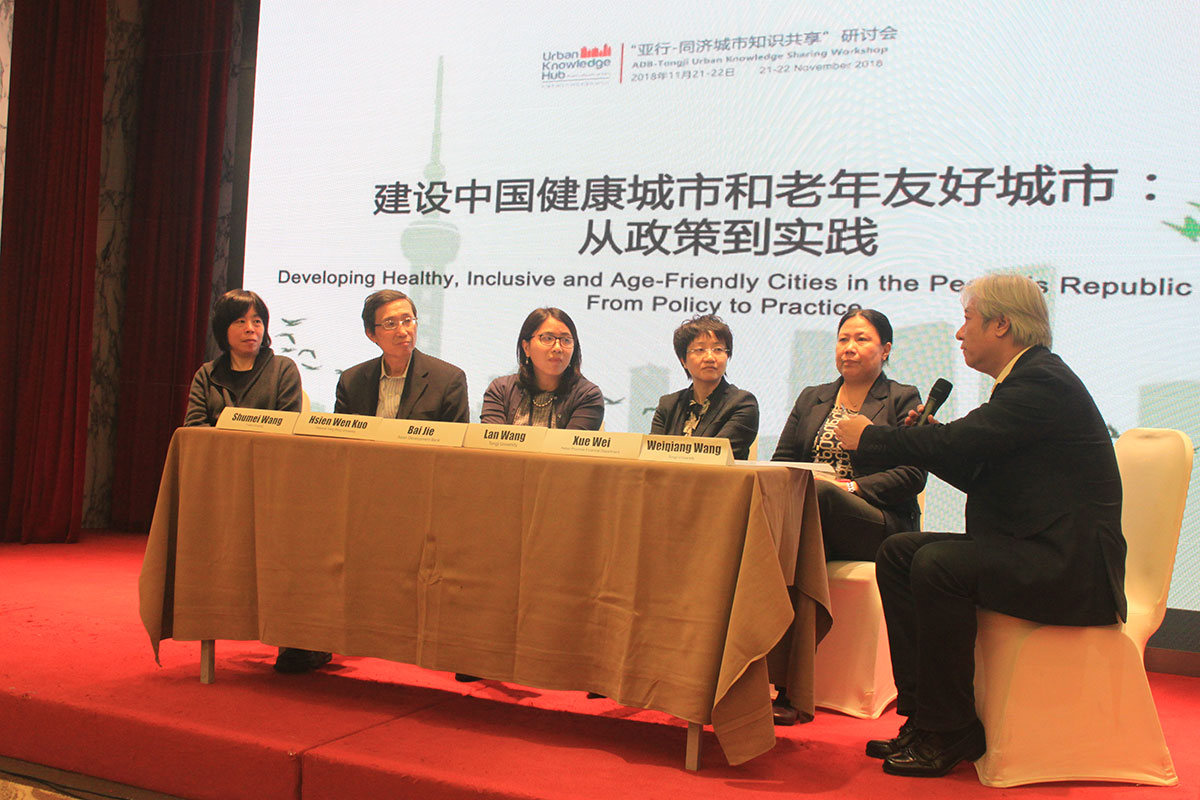
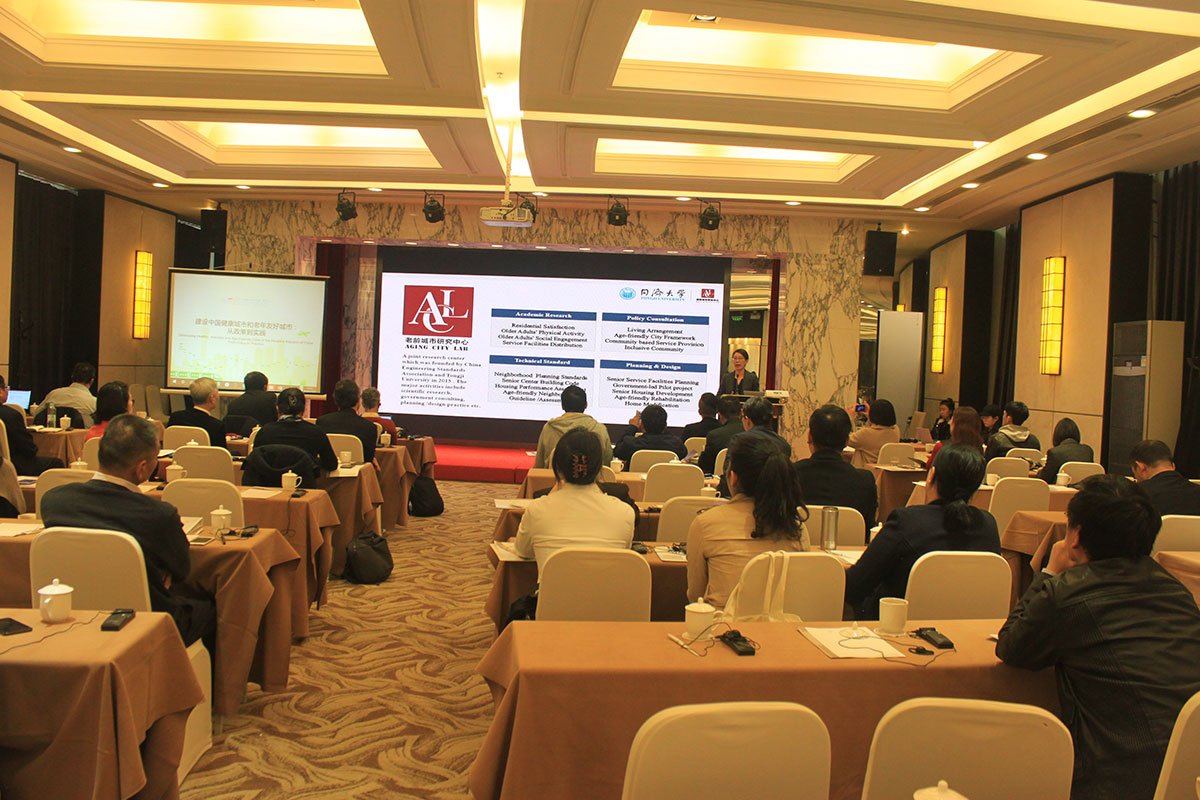
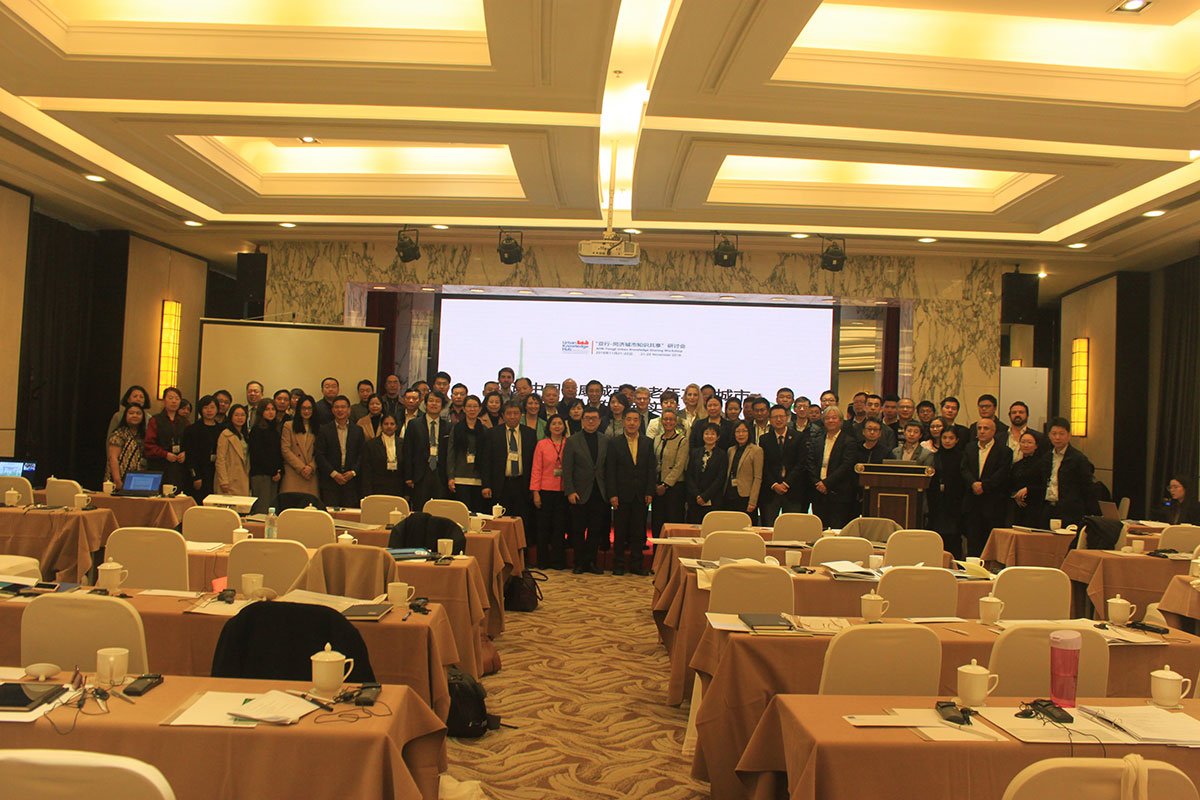
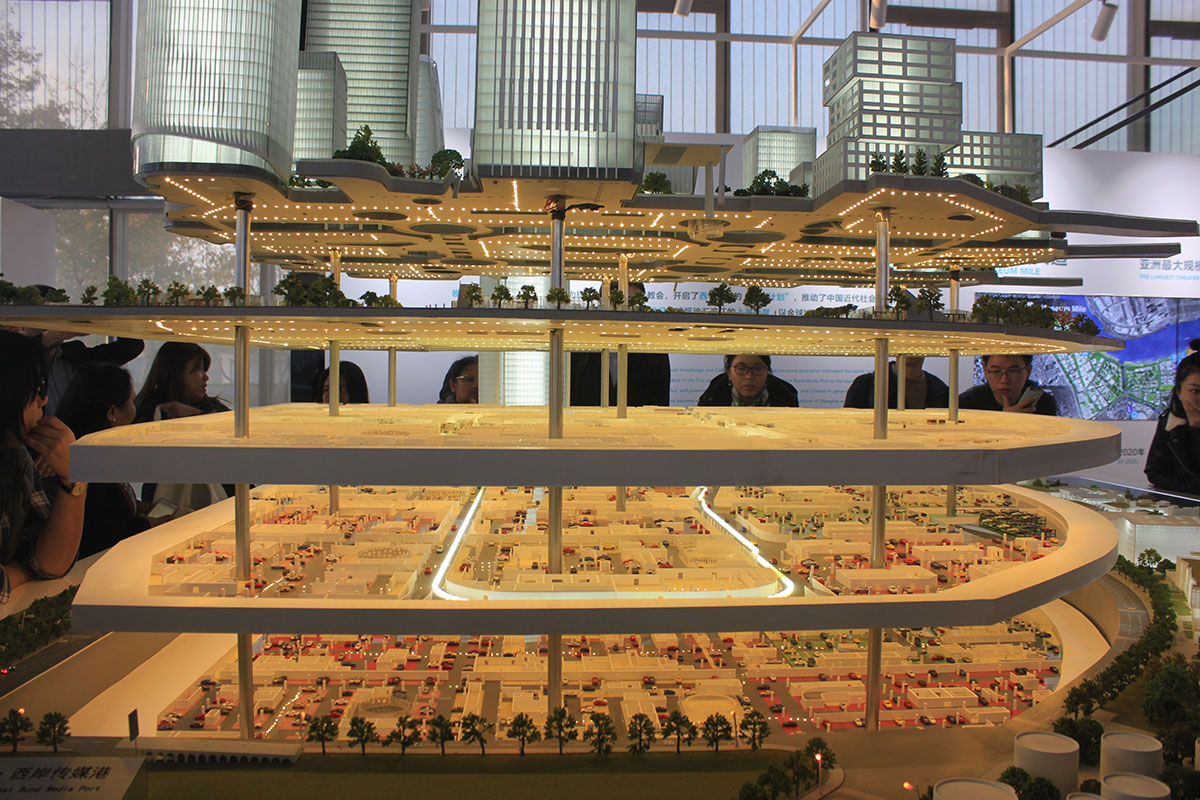
While the achievements and benefits of rapid urbanization in the People’s Republic of China (PRC) are remarkable, it is clear also that severe challenges remain. Among these are the numerous health related challenges derived from large-scale migration, ageing, pollution, shifts in diet and lifestyle, and social inequality. Similarly, the PRC faces tremendous challenges in addressing the needs and ensuring the well- being of its elderly population. This issue goes beyond the health and social care systems to the need to develop urban infrastructure which also serves disabled and aging populations. The PRC Government has been taking actions to address these challenges and in 2016 passed the Healthy China 2030 Policy, which clearly calls for all ministries to play a role in making the urban environments supportive of healthy and safe lifestyles. Prior to this, the New-Type Urbanization National Plan was approved in 2014 which prioritizes the development of people-centered and health-oriented cities. In both of these policy contexts there is increasing attention to developing age friendly cities which serve the needs of all citizens, and particularly those of the elderly.
Tongji University and ADB are co-hosting a workshop to discuss this important topic and the role of the urban sector in shaping the future of cities in the PRC. The discussions will include the physical features such as housing, transport, public spaces, universal design and urban services that are critical for achieving urban health development and management and improving the livability for the elderly and the disabled. Through different sessions, presenters will share global, regional and PRC initiatives that are at the forefront of innovative solutions in adapting cities to meet these health challenges and the needs of an aging urban populations.
Agenda:
| Time | Program |
|---|---|
| 08:30 – 09:00 | Registration |
| 09:00 – 09:30 | Opening Remarks Moderator: Prof. Lan Wang, Assist Dean of College of Architecture and Urban Planning, Tongji University; Vice Director, ADB-Tongji Urban Knowledge Hub Speakers:
|
| Session I: Developing Healthy Cities By 2030 almost 70% people in the PRC will live in a city, and this number is expected to continue to rise. The design of cities plays a pivotal role in the health of its inhabitants. This session will set the context of the topic by providing an overview of the Healthy China 2030 policy and trends in urbanization and aging demographics in the country. It will outline the key health challenges and the resulting opportunities and challenges for urban planning in PRC. It will discuss how a focus on health and wellness can have profound implications for urban design and redesign and livability of urban environments. While city planners regularly take into consideration the economic viability of cities, not many explicitly consider health. Yet health and wellness account for between twenty to thirty percent of all economic activity and are the only continual source of new job growth in advanced economies. A focus on health and wellness would mean designing and developing transportation systems, housing, and recreational facilities that meet the needs of all. It would also mean the creation of a truly “smart city”, with prevention and healthcare systems supported by comprehensive information networks providing data in real time. |
|
| 09:30 – 10:30 | Presentations: Healthy City: International Progress and Insights for the PRC Mr. Xiaopeng Jiang, Representative, WHO, Beijing Office Healthy City Development Under the Perspective of Healthy China Prof. Hongwei Yang, Deputy Director of China National Health Development Research Center Key Issues of Healthy City Planning in the PRC Prof. Lan Wang, Assist Dean of College of Architecture and Urban Planning, Tongji University; Vice Director, ADB-Tongji Urban Knowledge Hub |
| 10:30 – 10:45 | Coffee break |
| 10:45 – 11:45 | Moderator: Ms. Wendy Walker, Chief of Social Development Thematic Group, Social Development Thematic Group, SDCC, ADB Discussants:
Questions & Answers |
| 12:00 – 13:15 | Lunch |
| Session II: Assessing Healthy Cities: Tools and Approaches With rapid urbanization, changing demographics, increasing communicable diseases including pandemic threats and the impact of climate change, it is becoming clear that cities as centers of living and working need to provide healthier conditions for their populations. Countries are implementing Universal Health Coverage (UHC) focusing on three dimensions: i) increasing coverage of services, ii) enhancing quality of care and iii) protecting households from getting into poverty from catastrophic health expenditures. To achieve UHC requires countries to also address the social determinants of health using a multi-sectoral approach. There is significant interest in how to better account for the contribution of non-health sectors to health outcomes using various tools including Health Impact Assessment. Additional emphasis on health outcomes will contribute to greater economic viability of urban development. This session will discuss two approaches and the respective tools. The first focuses on using the HIA tool to identify priorities for local government actions by: (i) assessing urban development impacts on health, (ii) applying a health lens to urban planning to identify emerging challenges – i.e., Non Communicable Diseases, aging, (iii) identifying actions to address the emerging challenges, (iv) by bringing stakeholders together and informing a public health management plan, and (vi) develop a monitoring and evaluation system. Examples from its use with municipalities in PRC will be shared. The second will discuss the Healthy City criteria and indicators that have been developed for PRC. |
|
| 13:15 – 13:55 | Presentations: Health Impact Assessment for Healthy Cities Healthy City Development and Assessment in the PRC Mr. Yong Lu, Director, Health Promotion Division, Chinese Center for Health Education |
| 13:55 – 14:55 | Moderator: Dr. Susann Roth, Principal Knowledge Sharing and Services Specialist Discussants:
Questions & Answers |
| 14:55 – 15:10 | Coffee Break |
| Session III: Experience from the PRC This session will introduce concrete cases from the PRC of the ways in which municipalities are trying to develop healthy and age friendly cities which address the needs of their populations through improved urban design and services. It will present cases in which municipalities are experiencing rapid population aging and experiences of cities in elderly care sector development in PRC. Further, this session will discuss steps towards developing a healthy city project. This session’s format will be a panel discussion on challenges currently being faced and innovations being undertaken. The presenters/moderators will provide a brief introduction of the issues and the panelists will each give their responses, comments, and answer the moderator’s questions. Further, this session will open to the floor to share the experiences among the local governments and other stakeholders, and discuss effective policies to develop sustainable elderly care systems in a city and strengthen city functions to support a livable aging society. |
|
| 15:10 – 16:10 | Presentations: Mechanisms to Promote Healthy City in Taiwan and Performance Evaluation Hsien Wen Kuo, Professor, Institute of Environmental and Occupational Health Sciences in National Yang Ming University Community-Based Injury Prevention and Intervention- a Safer and Healthier City Prof. Shumei Wang, Professor, School Public Health in Fudan University ADB Hebei Elderly Care Development Project – Learning From International Experience, Improving Project Design Ms. Wei Xue, Director, Hebei Province Financial Department |
| 16:10 – 17:10 | Moderator: Prof. Weiqiang Wang, Professor, College of Architecture and Urban Planning, Tongji University; Vice director, ADB-Tongji Urban Knowledge Hub Discussants:
Questions & Answers |
| 18:00 | Dinner |
| Time | Program |
|---|---|
| Session IV: Developing Inclusive and Age-Friendly Cities – Global Initiatives: Local Practice This session will highlight global initiatives and local practice in developing inclusive and age-friendly cities. highlighting the successes and practice in the region. The session will also discuss the approaches to addressing the needs of all including persons with disabilities and aging populations in urban planning and design. It will present international (UK, Singapore and Hong Kong) and national cases and highlight the role of key concepts such as community, livability, accessibility and social inclusion and inclusive design in the approaches taken. |
|
| 09:00 – 10:40 | Presentations: Inclusive Design and Accessibility for Persons with Disabilities Ms. Vicky Austin, Director, Global Disability Innovation Hub Design and Implementation of Healthy and Age-Friendly City in Hong Kong, China Mr. Robert Wong, Project Development Director, Hong Kong Sheng Kung Hui Welfare Council Retooling the Housing Environment for Ageing in Singapore Ms. Belinda Yuen, Research Director, Lee Kwan Yu Center for Innovative Cities, Singapore University of Technology and Design Shanghai Age-Friendly Environment Assessment Indicator System Mr. Xiaocang Ding, Former Deputy Director, Shanghai Jing’an District Health Bureau The Impact of Urban Green Space on the Social Life of the Elderly Yifan Yu, Professor, College of Architecture and Urban Planning, Tongji University |
| 10:40 – 10:50 | Coffee Break |
| 10:50 – 11:30 | Moderator: Dr. Xiu Yang, Research Fellow, College of Architecture and Urban Planning, Tongji University Discussants:
Questions & Answers |
| 11:30 – 12:00 | Summary Points and Closing Remarks
|
| 12:00 – 13:15 | Lunch |
| Session V: Site visit organized by Tongji University For site visit, three sites are arranged related to the Healthy City and Age-Friendly City. One is located in Xuhui West Bund and two others are neighboring located in Jing’an district. Participants will gather in the hotel lobby after lunch and take bus to the Jing’an district for a half-hour visit. One is Healthcare Self-service station, which is a free physical examination for residents and set up on every avenue in Jing’an district, another one I Know is an organization that prevents Alzheimer’s disease for community, both of them are community health promotion place reflect the Age-friendly principles. After that, visitors will take bus to the West Bund in Xuhui district to learn about city development of Shanghai. |
|
| 13:15 | Gathering at Metropolo Jinjiang Hotel Lobby and take bus |
| 13:45 – 14:15 | Visit the Healthcare Self-service Station and I Know Interpreted by Mr. Ding and Ms. Zhuang |
| 14:50 – 15:30 | Visit Xuhui West Bund Planning Exhibition Center Interpreted by Mr. Keyang Ye |
| 15:30 – 16:00 | Field research in the opening space, visit the healthy facilities in West Bund |
| 16:00 – 16:30 | Visit Artificial Intelligence Center Scenery of Xuhui District and Huangpu River |
| 17:00 | Back to the Metropolo Jinjiang Hotel |

